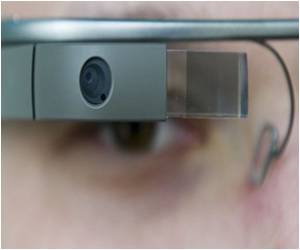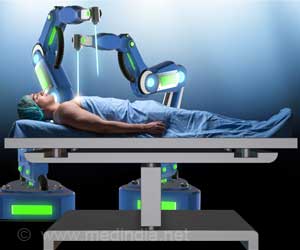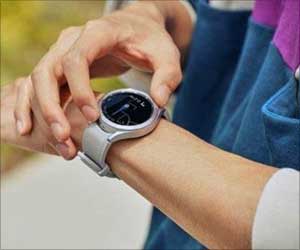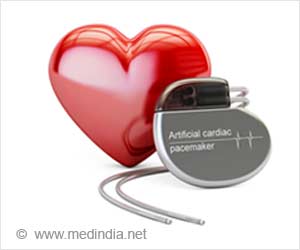
The researchers have also presented Dr. Rosenfield’s experience in performing the first plastic surgery procedure with Glass, an eyelid surgery (blepharoplasty) performed in combination with a facelift procedure. This experience illustrated some challenges faced which needs future refinement, including the limited resolution of the video camera, technical difficulties in streaming, and the need for the surgeon to keep the head in a fixed position. In subsequent surgical procedures, Rosenfield fashioned a head-mounted extra-wide LED light to improve clarity for video viewers as well as for the surgeon.
Glass has the ability to demonstrate surgical procedures, live or recorded, which has obvious applications for training in plastic surgery and other disciplines. It may also be useful in providing rapid access to medical documentation, and might even reduce the spread of infection from handling pens and paper, computers, and other sources.
The researchers noted that logistical, ethical, and hospital legislative issues will need to be addressed before Glass can be fully embedded within everyday clinical care.
The study is published in the journal of the American Society of Plastic Surgeons (ASPS).
Source-Medindia








